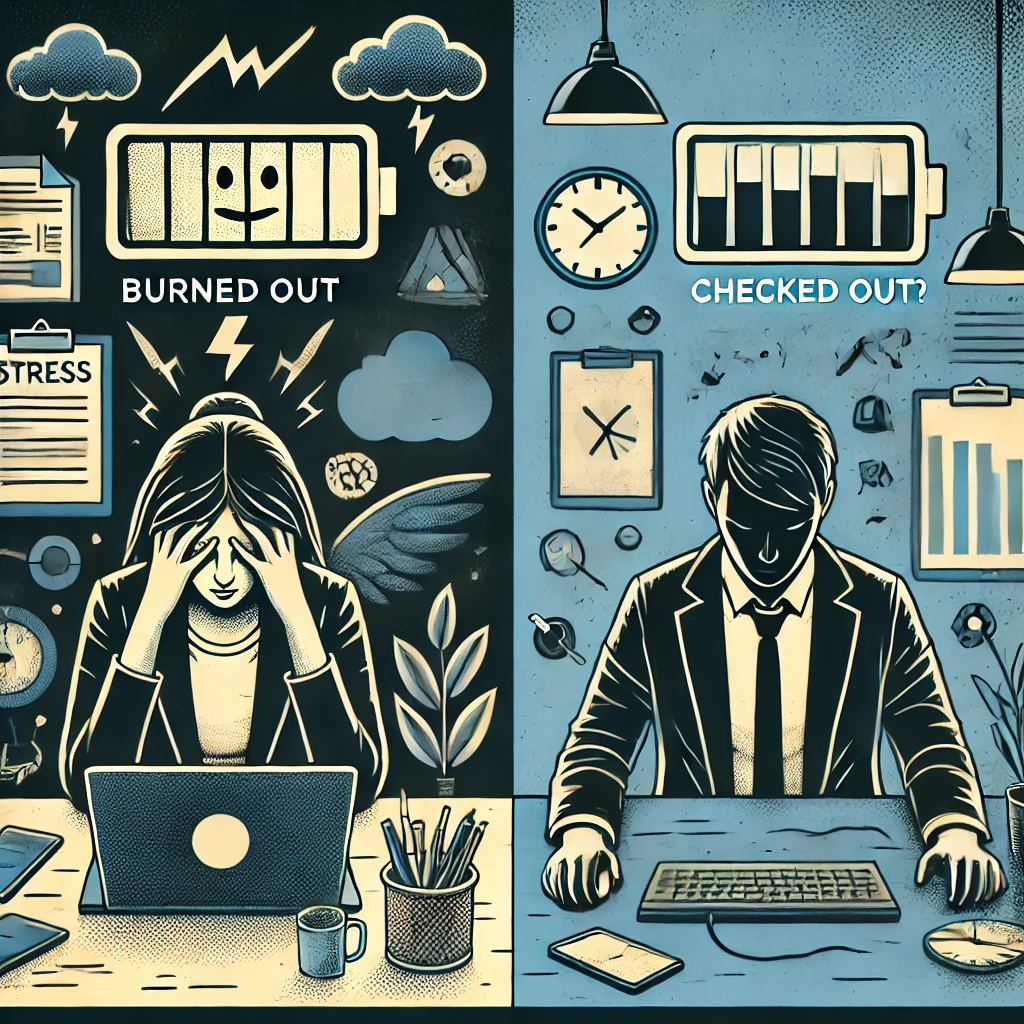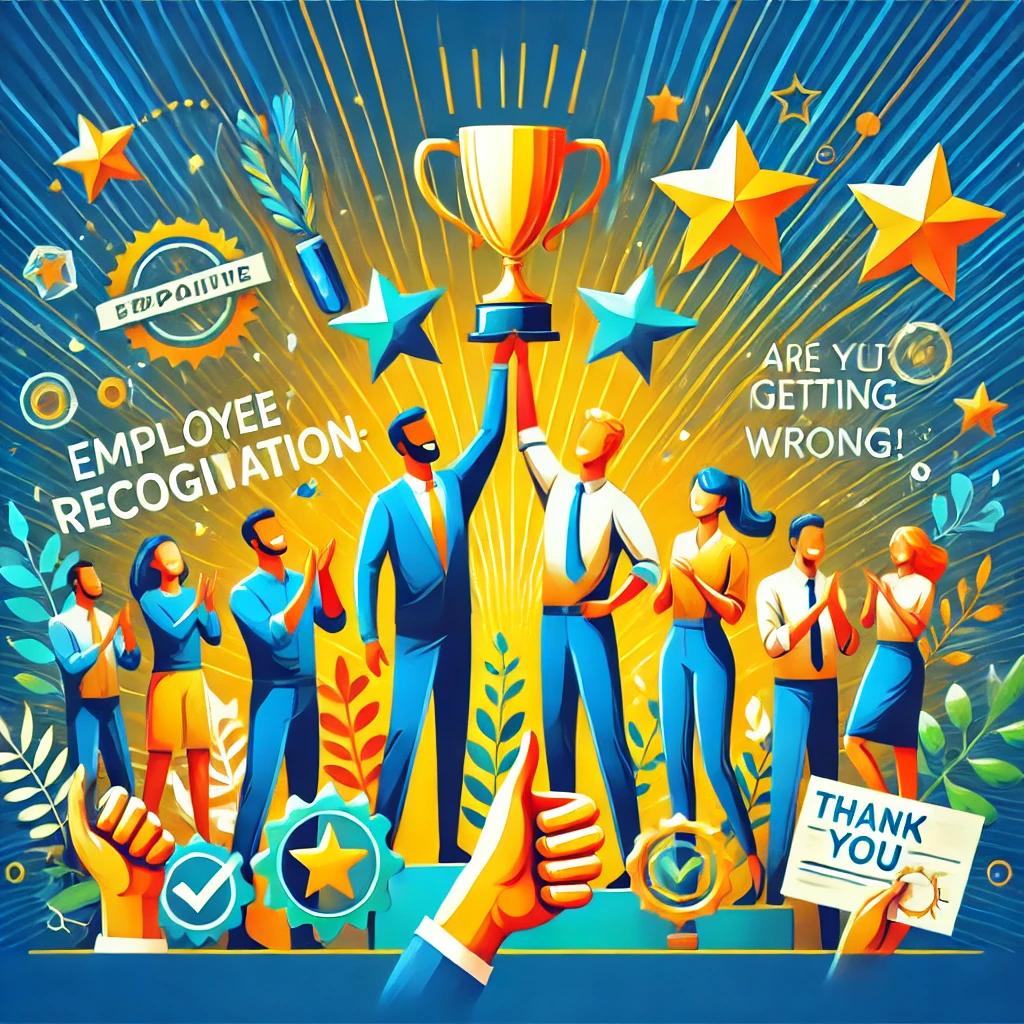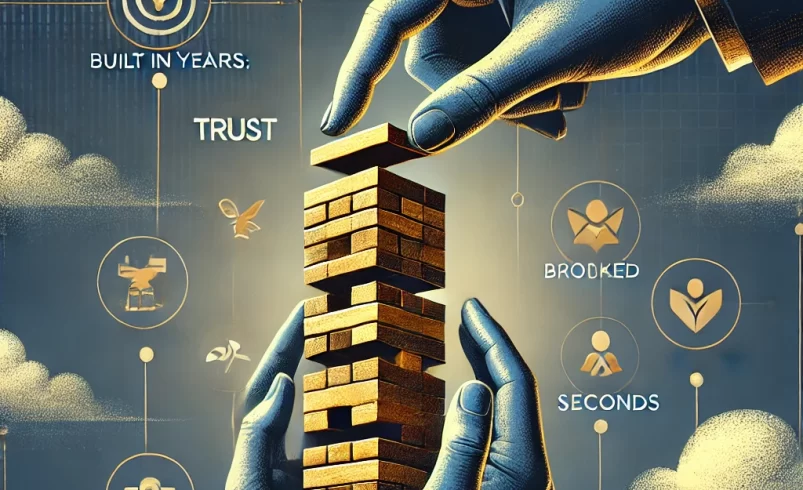Trust is the foundation of every successful workplace. It fuels collaboration, drives innovation, and builds strong teams. But here’s the catch—trust takes years to build and only seconds to break. One poor decision, one careless comment, or one broken promise can unravel years of hard work.
So, how can organisations build and maintain trust in the workplace? And more importantly, how can they prevent breaking it?
Why Trust Matters in the Workplace
- Boosts Collaboration:
Teams that trust each other are more willing to share ideas, give feedback, and work together to solve problems. - Increases Productivity:
When employees trust leadership, they feel safe to take risks and innovate, leading to higher productivity. - Enhances Employee Engagement:
Trust fosters a positive work environment where employees feel valued and motivated. - Reduces Turnover:
Employees are more likely to stay with organisations where trust is embedded in the culture.
How Trust Gets Broken
- Lack of Transparency:
When leadership withholds information or makes decisions behind closed doors, employees feel excluded and distrustful. - Micromanagement:
Constant oversight signals a lack of confidence in employees’ abilities, eroding trust. - Broken Promises:
Failing to follow through on commitments damages credibility. - Unfair Treatment:
Favouritism, bias, and inconsistent policies can make employees feel undervalued and disrespected. - Poor Communication:
Miscommunication or lack of communication creates confusion and suspicion.
How to Build and Maintain Trust
- Be Transparent:
Share information openly. Keep employees informed about company decisions, changes, and challenges. - Lead by Example:
Leaders must model the behaviour they expect. Integrity, accountability, and consistency go a long way. - Deliver on Promises:
Follow through on commitments, big or small. If circumstances change, communicate honestly. - Encourage Open Communication:
Create a safe space for employees to voice concerns and share ideas without fear of judgment. - Recognise and Reward Fairly:
Celebrate achievements consistently and without bias. - Support Employee Growth:
Invest in professional development and career advancement opportunities.
Rebuilding Trust After It’s Broken
- Acknowledge the Issue:
Ignoring the problem only deepens distrust. Admit mistakes and take responsibility. - Apologise and Make Amends:
A sincere apology coupled with corrective action can start the healing process. - Communicate Honestly:
Be transparent about how the issue will be resolved and what steps will be taken to prevent it from happening again. - Show Consistency:
Rebuilding trust takes time. Consistent, positive actions speak louder than words.
Companies That Prioritise Trust
- Salesforce: Focuses on transparency and ethical leadership, fostering trust across teams.
- Infosys: Prioritises open communication and employee engagement, strengthening workplace trust.
- Google: Encourages autonomy and empowers employees, building a culture of trust and innovation.
Final Thoughts
Trust isn’t built overnight—it requires ongoing effort, transparency, and consistent action. Organisations that prioritise trust create stronger teams, higher engagement, and long-term success. But remember, trust is fragile. One misstep can undo years of progress.
So, ask yourself—is your organization building trust or unknowingly breaking it?







